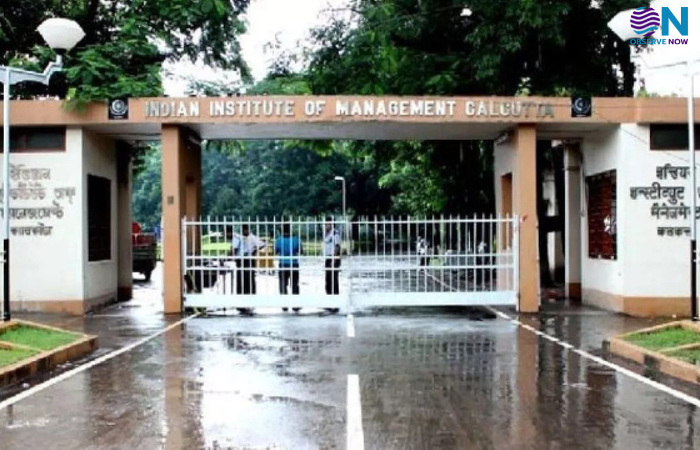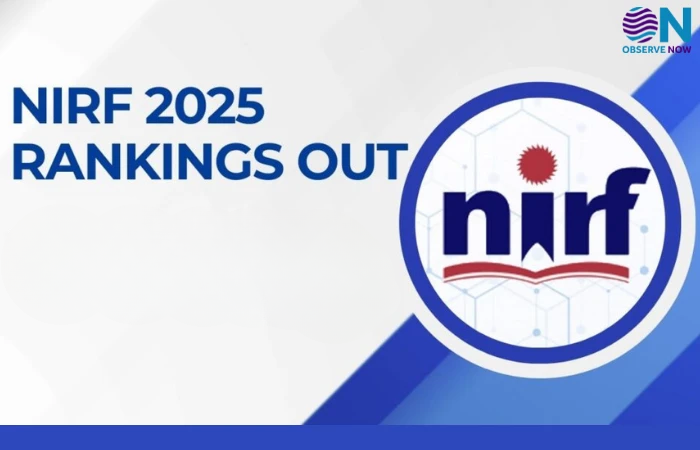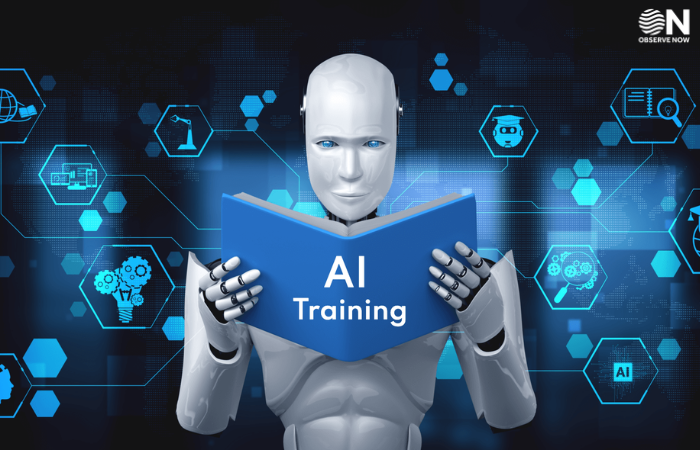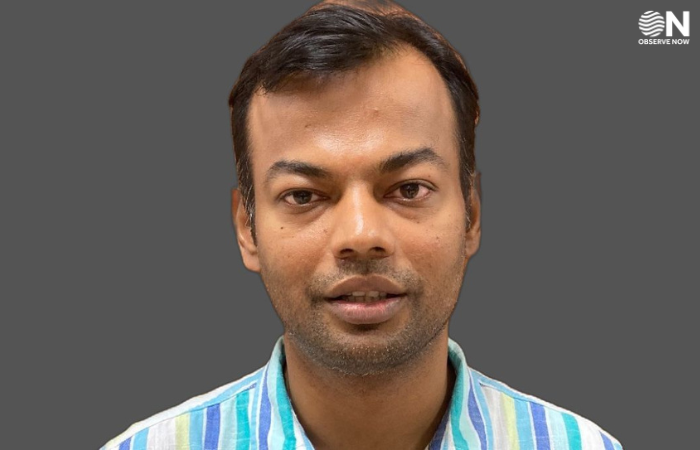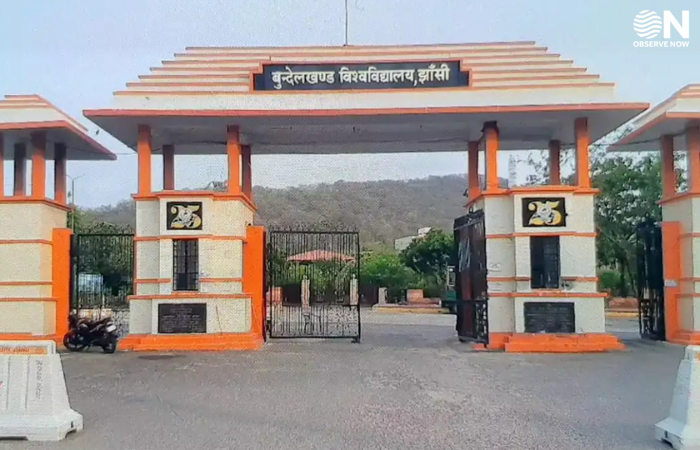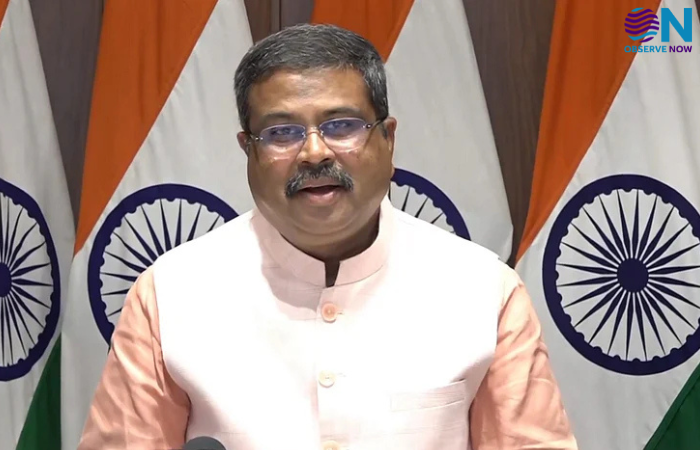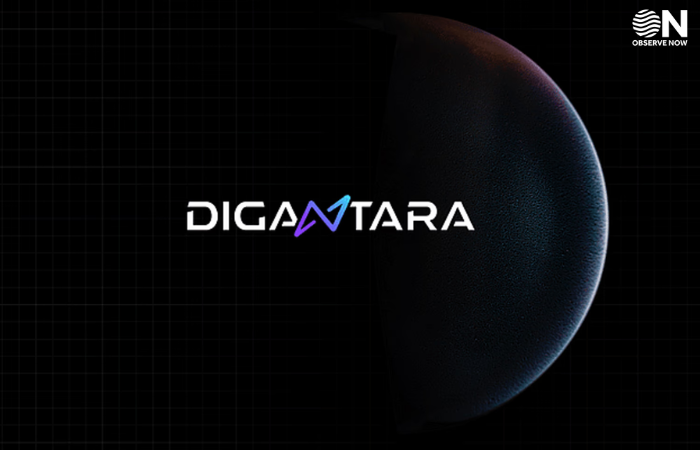Khan Sir Appeals to PM Modi to Remove GST on Educational Services
Educator and popular YouTuber Khan Sir has made a public appeal to Prime Minister Narendra Modi, urging the government to revoke the 18% Goods and Services Tax (GST) on educational services. Speaking in favor of the move, Khan Sir emphasized that quality education is a fundamental necessity and should not be burdened with additional taxation.
Khan Sir argued that imposing GST on educational services increases the financial strain on students and their families, potentially restricting access to quality learning resources. He highlighted that education is a cornerstone for national development and should be treated differently from commercial services that attract taxation.
The appeal comes amid growing discussions on the affordability of education in India, where tuition fees, coaching costs, and learning materials already place a significant financial burden on households. By exempting educational services from GST, proponents believe that more students, particularly from economically weaker sections, would have access to quality instruction without additional costs.
Khan Sir also stressed that removing GST would encourage more educational institutions and online platforms to expand their offerings, ultimately improving the overall quality and reach of education in the country. He emphasized that the government’s support in this regard could have long-term benefits for skill development, employability, and the nation’s competitiveness in a global knowledge economy.
His appeal has sparked conversations on social media and among education stakeholders, with many expressing support for a tax exemption that could make learning more affordable and inclusive. The discussion highlights the ongoing debate about balancing government revenue needs with the imperative to provide accessible and equitable education for all.
As the conversation continues, many educators, parents, and policymakers are watching closely to see whether the government will consider revising GST rules for educational services, potentially easing financial pressures and promoting wider access to learning.






